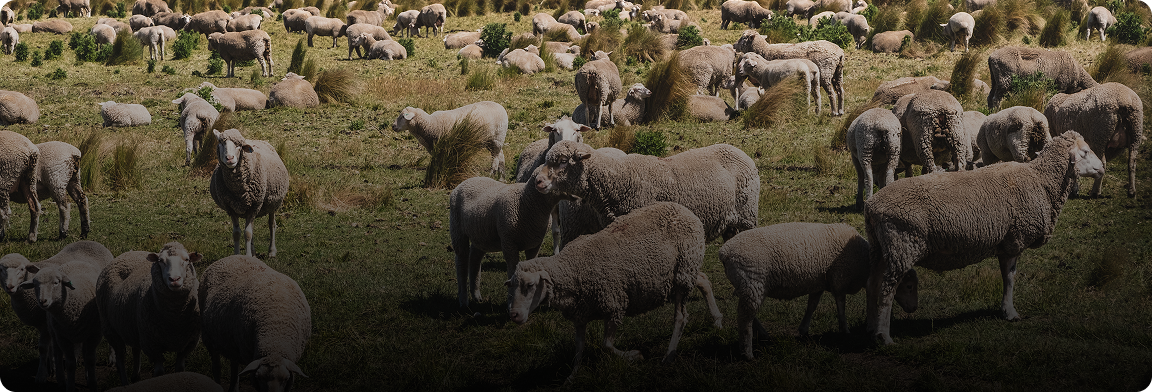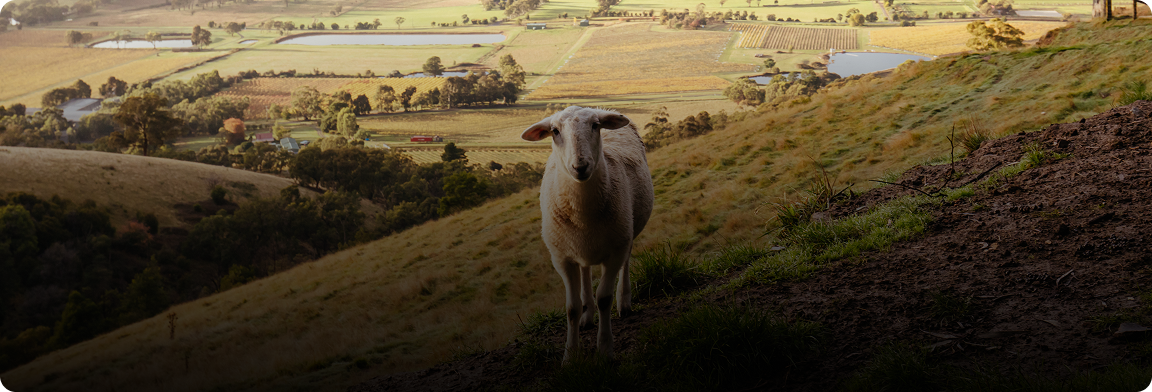Eco-friendly farming is all about taking care of the environment while growing food. It helps protect nature and can save you money. If you want to start eco-friendly farming, this guide is for you! We’ll talk about simple steps to make your farm more sustainable. By following these tips, you will be on your way to creating a healthier farm and planet. Let’s dive in and start your journey toward eco-friendly farming!
Start with Healthy Soil
Healthy soil is the key to healthy crops. Without healthy soil, it’s hard for plants to grow well. One way to make your soil better is by using compost. Compost is made from plant waste, animal manure, and food scraps. When you mix them together, they break down and turn into rich, nutritious soil. This helps plants grow stronger and reduces the need for chemicals. You can also practice crop rotation. This means growing different plants in different areas each year. This keeps your soil healthy and full of nutrients. Healthy soil is essential for eco-friendly farming, and it helps your farm grow in a natural way.
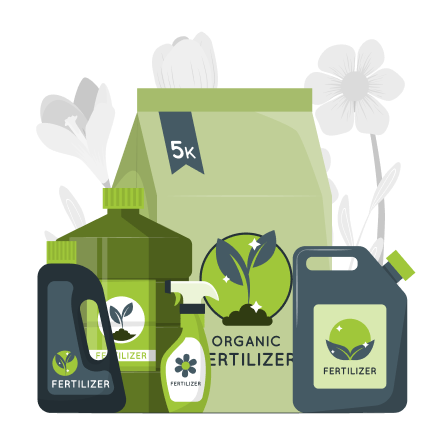
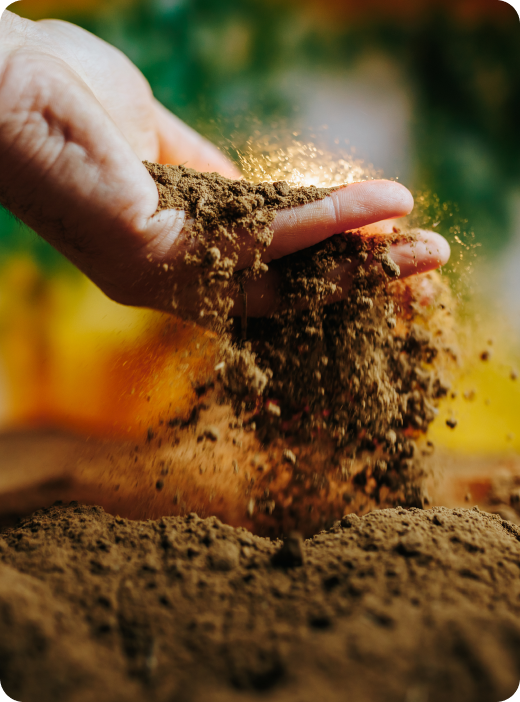
Use Less Water
Water is vital for farming, but using too much can waste it. You should try to save water by using drip irrigation. Drip irrigation sends water straight to the roots of the plants. This means less water is wasted. You can also collect rainwater and use it for watering your plants. This will help you save water and money. Another way to use water wisely is by planting drought-resistant crops. These crops need less water to grow, making them perfect for saving water. By using water carefully, you can help protect the environment and make your farm more sustainable.
Switch to Organic
Fertilizers
Another great way to make your farm more eco-friendly is by using organic fertilizers. Organic fertilizers are made from natural materials like compost or animal manure. They help plants grow while keeping the soil healthy. Unlike chemical fertilizers, organic fertilizers do not harm the environment. They nourish the soil and promote biodiversity. When you use organic fertilizers, you also help reduce the risk of water pollution. By making this switch, you are choosing to take care of both your farm and the planet. It’s a simple change that can make a big difference!
Reduce the Use of
Pesticides
Using fewer pesticides is another important step toward eco-friendly farming. Pesticides can harm animals, insects, and even the soil. Instead of using chemicals, you can try natural pest control methods. For example, you can plant insect-repelling flowers or herbs like lavender. These plants help keep harmful pests away. You can also use beneficial insects, like ladybugs, to eat harmful bugs. Another method is mulching, which helps prevent weeds from growing. These natural solutions will help you protect your crops and the environment. By reducing pesticide use, you make your farm a healthier place for both people and animals.
Plant Trees and Bushes
Planting trees and bushes on your farm is a great way to protect the environment. Trees can provide shade for animals and crops, especially on hot days. They also help prevent soil erosion by keeping the soil in place. Trees absorb carbon dioxide, which helps fight climate change. In addition, trees provide homes for wildlife, such as birds and insects. Bushes can protect crops from strong winds and offer shelter for small animals. Planting trees and bushes makes your farm more eco-friendly, and it adds beauty to the land. Trees are a simple and powerful tool to help the environment!
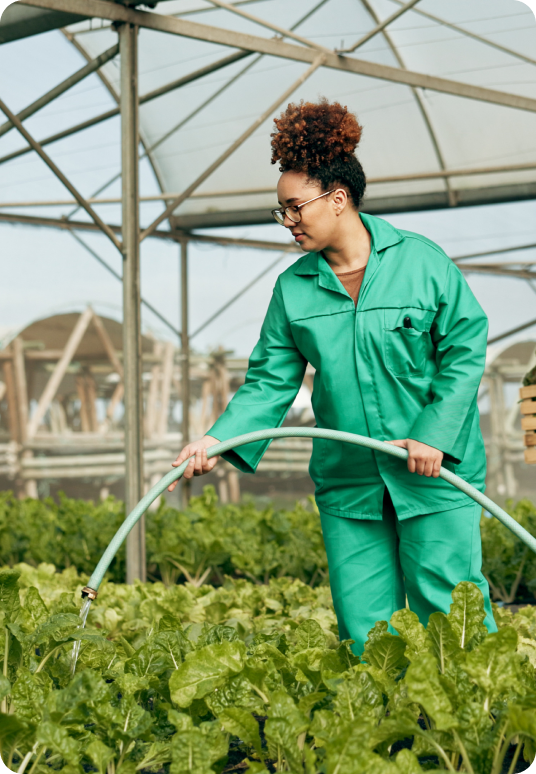
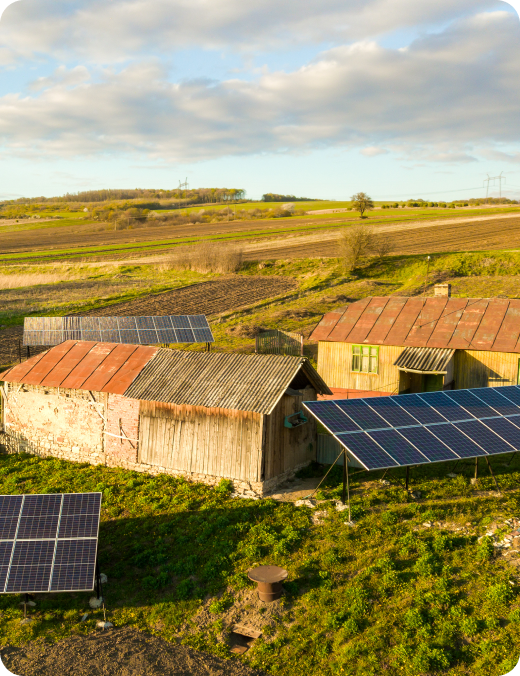
Use Renewable Energy
Using renewable energy is another step to making your farm eco-friendly. Solar energy is a great way to power your farm with clean energy. You can use solar panels to power your lights, pumps, and even machinery. Another option is wind energy. Wind turbines can generate electricity and help reduce your farm’s carbon footprint. By using renewable energy, you can save money on energy costs and help the environment. These energy sources are free and sustainable, which makes them perfect for eco-friendly farming. Switching to renewable energy is an important change for a better future.
Recycle and Reuse
Recycling is another simple way to make your farm more eco-friendly. Many materials on a farm can be recycled, like plastic, paper, and old equipment. Instead of throwing these things away, you can recycle them. For example, old plastic containers can be used for planting or storage. You can also recycle scrap metal, glass, and paper. Recycling helps reduce waste and keeps your farm clean. It also saves natural resources, like trees and metal, and helps prevent pollution. By recycling, you can protect the environment while making your farm more sustainable.
Manage Waste Properly
Waste management is essential for an eco-friendly farm. Proper waste disposal helps keep the farm clean and safe for animals. Animal manure is one of the most common types of waste on farms. You can compost it to create rich, fertile soil. This helps plants grow and reduces waste. Also, make sure to dispose of harmful waste, like old food or chemicals, in a safe way. By organizing waste properly, you keep the farm clean and reduce pollution. This helps protect the land, water, and animals around your farm. Proper waste management is crucial for a healthy farm and environment.
Grow a Variety of Crops
Growing a variety of crops is another eco-friendly practice. Diversity in crops helps keep the soil healthy and reduces the risk of pests. By growing different crops, you also provide food for various animals and insects. Crop variety can also protect your farm from bad weather. If one crop fails, another may still thrive. In addition, growing different types of crops can increase your farm’s income. You can sell various crops and have more chances to succeed. Diversity in farming creates a balance between your farm and nature. It’s a smart and eco-friendly practice to follow!
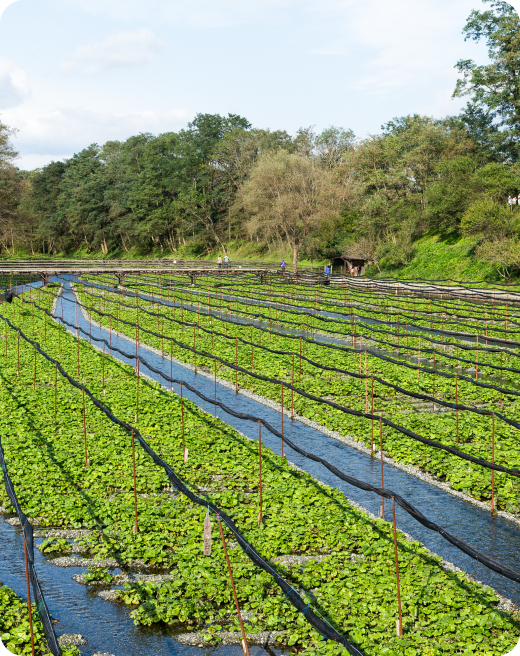
Conclusion
In conclusion, starting your journey toward eco-friendly farming is exciting and rewarding. By following these simple steps, like using organic fertilizers, reducing pesticide use, and conserving water, you can create a healthier farm and planet. Don’t forget to keep learning and improving your practices. As you keep making small changes, your farm will become more sustainable. Eco-friendly farming not only helps the environment, but it also helps your farm thrive. By taking care of nature, you can build a better future for your farm and the world!




